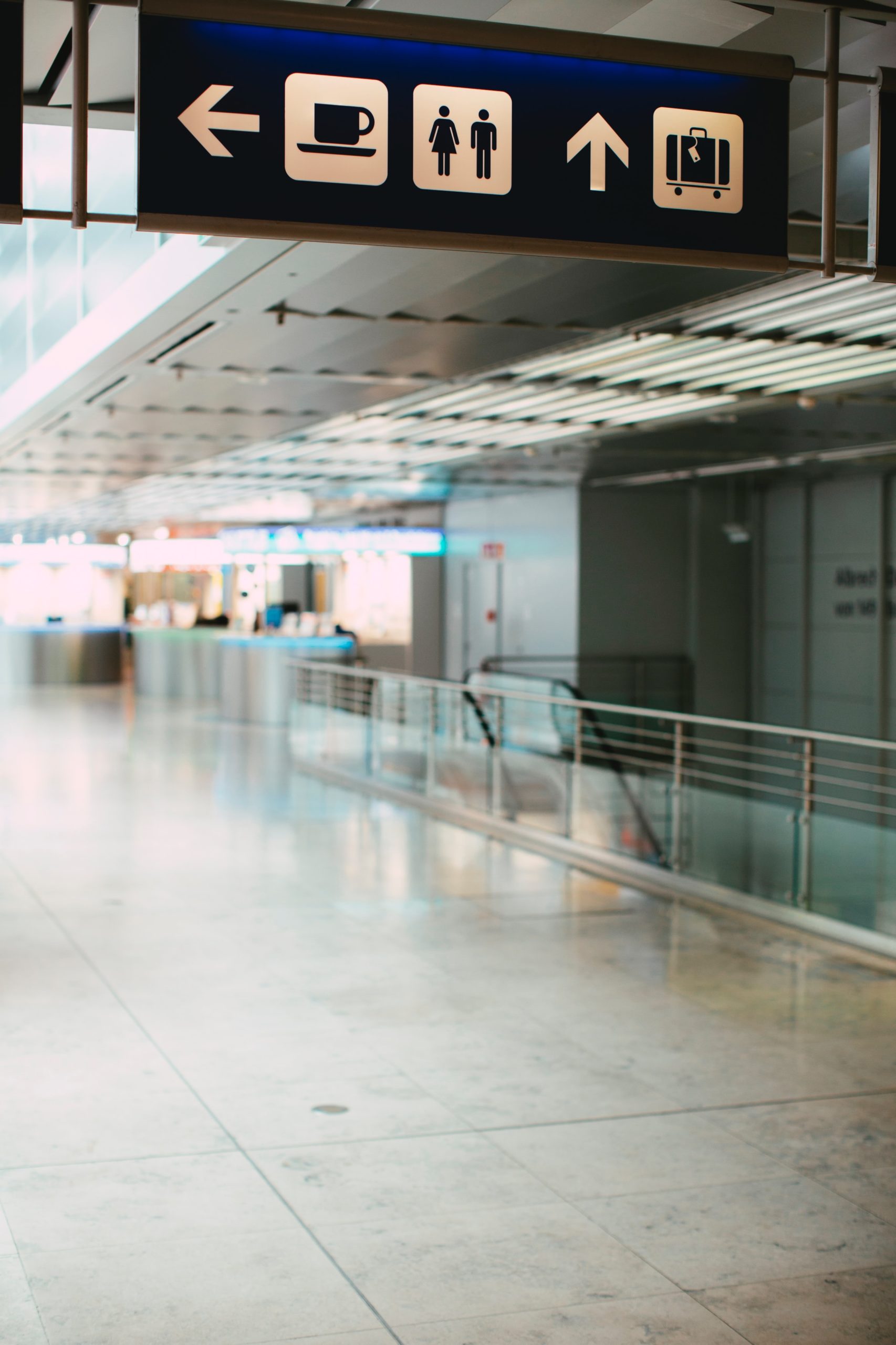Michigan Governor Gretchen Whitmer signed Executive Order 2020-21, titled “Temporary requirement to suspend activities that are not necessary to sustain or protect life” (the “Order”). The Order takes effect on March 24, 2020 at 12:01 a.m. and continues through April 13, 2020 at 11:59 p.m. Subject to limited exceptions, the Order greatly restricts business and governmental operations, and broadly requires that all individuals within the State of Michiganstay home.
RESTRICTIONS ON BUSINESSES
No person or entity shall operate a business or conduct operations that require workers to leave their homes or places of residence, subject to the following exceptions:
Workers who are necessary to conduct minimum basic operations
For purposes of the Order, workers who are strictly necessary to allow the business or operation to maintain the value of inventory and equipment, care for animals, ensure security, process transactions (including payroll and employee benefits), or facilitate the ability of other workers to work remotely are considered necessary to conduct minimum basic operations.
Businesses must determine which of their workers are necessary to conduct minimum basic operations and inform such workers of that designation. Businesses and operations must make such designations in writing, whether by electronic message, public website, or other appropriate means. Such designations, however, may be made orally until March 31, 2020 at 11:59 pm.
Workers who are necessary to sustain or protect life/Critical Infrastructure Workers
Businesses that employ critical infrastructure workers may continue in-person operations, subject to certain conditions:
Businesses must determine which of their workers are critical infrastructure workers and inform such workers of that designation by March 31, 2020 at 11:59 pm. Businesses need not designate workers in health care and public health; certain government workers, and certain volunteers.
- In-person activities not necessary to sustain or protect life must be suspended
- In-person activities must adopt social distancing practices
Critical infrastructure workers are those workers described by the Director of the U.S. Cybersecurity and Infrastructure Security Agency in his guidance of March 19, 2020.
COVID-19 response (available here). These workers include:
- Healthcare and public health
- Law enforcement, public safety, and first responders.
- Food and agriculture.
- Energy.
- Water and wastewater.
- Transportation and logistics.
- Public works.
- Communications and information technology, including news media.
- Critical manufacturing.
- Hazardous materials.
- Financial services.
- Chemical supply chains and safety.
- Defense industrial base.
- Childcare workers serving the dependents of other critical infrastructure workers
- Insurance workers, but only to the extent the work cannot be done remotely
- Workers and volunteers helping the needy
- Workers who perform critical labor union functions
In addition, suppliers, distribution centers and service providers that provide necessary services and products to critical infrastructure workers (and are so designated) are themselves critical infrastructure workers. Those suppliers, distribution centers, and service providers may designate their own workers, suppliers, distribution centers, and service providers as critical infrastructure workers, but only to the extent necessary to support the original critical infrastructure entity.
These additional suppliers, distribution centers, and service providers may designate their own critical employees and business partners, and so on. All designations must be made by March 31, 2020 at 11:59 pm.
RESTRICTIONS ON GOVERNMENT
All government activities that are not necessary to sustain or protect life, or to supporting businesses and operations that are necessary to sustain or protect life, are suspended. Government activities that are not suspended include: critical infrastructure workers (law enforcement, public safety, and first responders); public transit; trash pickup and disposal; elections; operations necessary to enable transactions that support the work of a business’s or operation’s critical infrastructure workers; and public parks.
RESTRICTIONS ON INDIVIDUALS
Individuals may leave their homes for the following purposes:
- Engage in outdoor recreational activity, while maintaining social distancing.
- Perform jobs as critical infrastructure workers or to perform minimum basic operations, after being so designated by their employer.
- Perform necessary government activities
- Obtain medical care
- Purchase necessary services or supplies, such as groceries, take-out food, gasoline, needed medical supplies, and any other products necessary to basic operation of their residences
- To care for family members
- To attend legal proceedings or hearings as ordered by a court
- To work or volunteer for businesses that provide food, shelter, and other necessities for the needy
- To travel to a residence outside of the state
- To travel between two residences in the state
- As required to comply with law enforcement or a court order
PENALTIES
Social distancing must be observed for those who leave home. Violation of the Order is a misdemeanor.
For more information on how to handle business and employment issues at this sensitive time, please contact the author Jeffrey D. WIlson or call us at Young Basile 248.649.3333. We stand at the ready to help.


